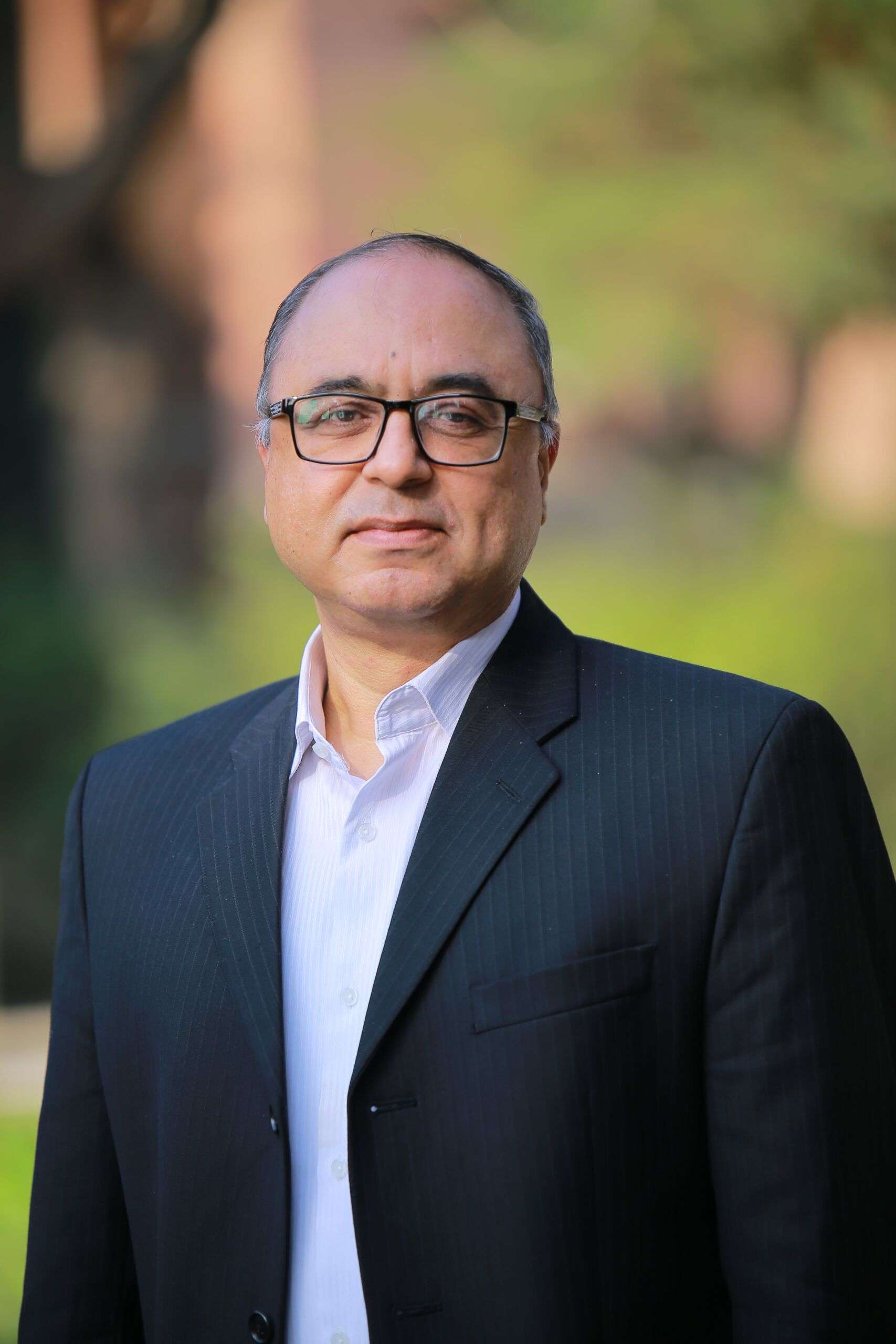Dr. Umber Bin Ibad
Associate Professor
Department: History & Pakistan Studies
Extension Number: 650
Address: ROOM | 335, Business, and Social Sciences Building
EDUCATION:
Doctor of Philosophy (PhD) in History
Master of philosophy (MPhil) in History
Master of Arts (MA) in Philosophy
BRIEF PROFILE:
Dedicated and seasoned historian, Dr. Umber Bin Ibad, brings a wealthof knowledge and over 15 years of experience in the field of history. Witha strong educational background culminating in a Ph.D., Dr. Ibad hasdemonstrated a passion for unravelling the complexities of the past andcontributing significantly to the academic community. His specificinterests lie in Colonial and Postcolonial History of South Asia, Religion,and the exploration of Heritage and Shrines. He also has PostdoctoralExperience at the universities of SOAS (UK), University of Warwick (UK),University of Bath (UK), and The Warsaw University (Poland). He is anauthor of the acclaimed book, Sufi Shrines and the Pakistani State: TheEnd of Religious Pluralism. He was also part of the five years project,Disputed Territories and Memories, funded by Horizon 2020. Along withauthoring several articles and book chapters, he extensively lectured andparticipated in conferences.
RESEARCH & PUBLICATIONS
1.Gender, Sect and shrine: discursive contestations at Bibi Pak Daman,Lahore (Routledge Journal of Religion and Culture, 2019)
2.Constructing a National Religious Identity: Study of Judicial DecisionsFor Controlling
Muslim Shrines in Pakistan (The Historian, Vol. 15,Summer, 2017).
3.Understanding Punjabi Folklore Through Its Oral Tradition (TheHistorian, Vol. 15,
Winter, 2017).
4.Shrines, Pakistan and Invented Tradition (The Historian, Vol. 14,Winter, 2016).
5.Bollywood: A Study Into Religious Pluralism (The Historian, Vol.14,Summer, 2016).
6.Muslim Identity and Consensus During The Later Colonial Politics ofPunjab (The
Historian, Vol. 13, Winter, 2015).
7.Singular Muslim Identity And Control on Shrines: Becoming Post-Colonial Modern In Pakistan (The Historian, Vol. 13, Winter, 2015).
8.Waqf or Law for Muslim Endowments: Constructing ReligiousSingularity for Appropriating shrines (Pakistan Journal of IslamicResearch, June 2014).
9.
Assertiveness in Inter-subjective Communicative Environment: AHeideggerian Perspective (The Historian, Vol.3, 2005).
10.Thinking feminism through a male’s marginalized position (TheHistorian, Vol.6, 2008).
11.The Ground of History: A Relational Understanding of Hegel andHeidegger (The Historian, Vol.7, 2009).
12.The End of History: Interpreting Hegelian and Heideggerianconception of “Ground” and “Being” Towards Their Way to Truth (TheHistorian, Vol.7, No.2 2009).
BOOK CHAPTER
· Religious Shrines: Transnational Networks linking South Asia throughPilgrimage and
Welfare Development (Palgrave book project entitled‘Diaspora Engagement and Development in South Asia’.)
· “Chauburji” in Lahore Viaduct: Mobility, History and Belonging in UrbanPakistan (waiting for publication)
BOOK
· Military Museums in Conflict Zones: The Mother Armenia MonumentYerevan and the Army Museum Lahore (under process)
“Sufi Shrines and the Pakistani State: The End of Religious Pluralism” ispublished by I B. Tauris, London, 2018

